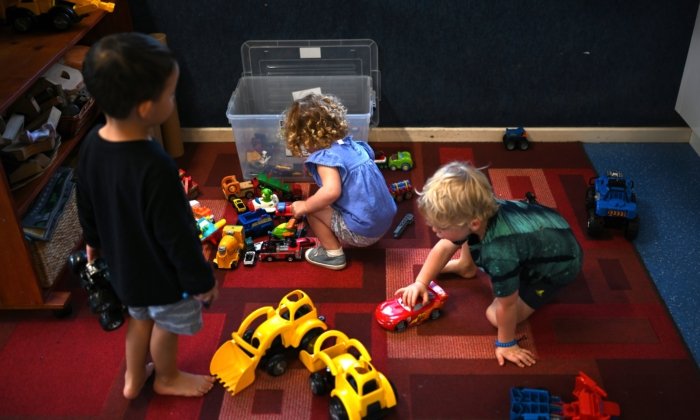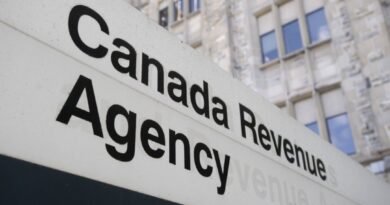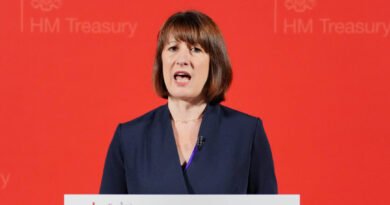Preschool Teachers Advocate for Higher Wages, Parents Receive Reduced Fees
Educators of young children are seeking wage increases to attract and retain preschool staff amidst subsidies aimed at increasing enrollments.
The Independent Education Union has filed an application with the Fair Work Commission to raise salaries by up to 25 percent for staff at over 100 community-based New South Wales (NSW) preschools.
According to preschool teacher Janene Rox, there is a severe shortage of staff in the education sector, especially in early learning.
“Paediatric doctors are not paid any less for supporting the youngest members of our community, so why should it be different for our teachers?” Ms. Rox questioned.
The union’s secretary, Carol Matthews, stated that early-career school teachers earn nearly $15,000 (US$10,000) more annually than their preschool counterparts, while experienced teachers can earn almost $32,000 (US$21,000) more, contributing to a significant staffing shortage.
“There is a workforce crisis. We need to see significant improvements in pay and working conditions,” Ms. Matthews emphasized.
“We urge the NSW government to fund better pay and conditions for teachers and educators in NSW community preschools.”
Raising wages in this predominantly female sector could also help narrow the gender pay gap and assist parents managing caregiving responsibilities, according to Ms. Matthews.
Premier Chris Minns noted that teachers do not choose the profession for monetary gain but rather out of passion for their work.
“We need to ensure real wage growth over time to retain people in the sector,” Minns added.
About two percent of the state’s early childhood educators are directly employed by the government, initiating a process to involve the government in bargaining for other workers through the commission’s application for pay raises.
Education and Early Learning Minister Prue Car affirmed the state’s support for the process and its commitment to monitoring the application.
“We acknowledge the importance of pay in the sector and are implementing various initiatives to increase the workforce,” Car stated.
Access to affordable preschool is crucial for ensuring children have a strong start in life, leading to smoother transitions to kindergarten and better literacy and numeracy outcomes in primary school, Car explained.
The decision to enroll children in preschool remains with parents, but subsidies are available starting at three years old, and Car highlighted the importance of not letting cost-of-living pressures dictate this decision.
The government allocated $1.8 billion (US$1.2 billion) for early education in the June budget, continuing fee relief and supporting the construction of public preschools.
Opposition education spokeswoman Sarah Mitchell acknowledged the subsidies introduced by the previous government and extended by the current one, emphasizing the importance of quality early learning amid delivery concerns.



